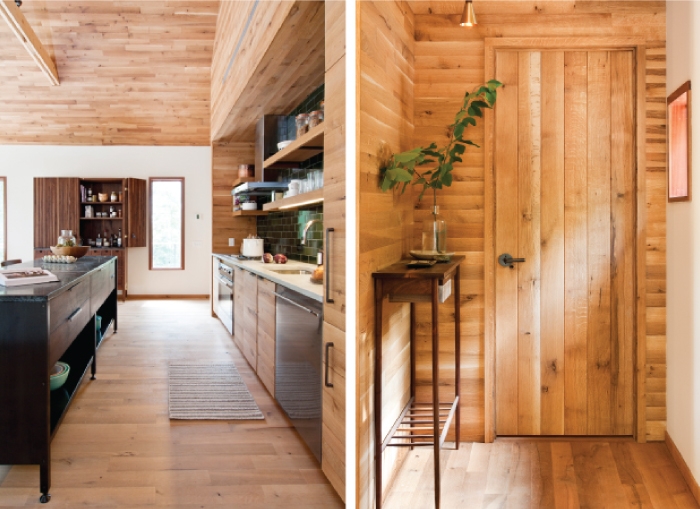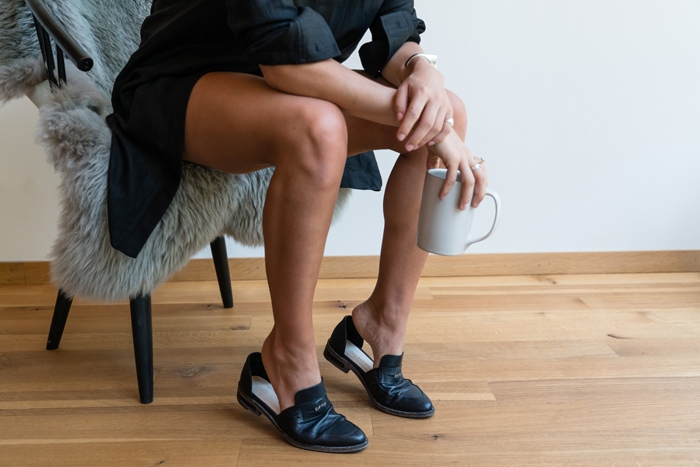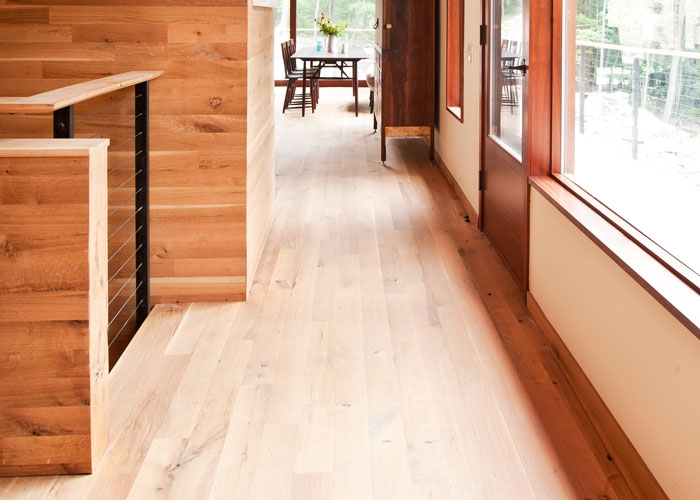
The hardwood floors are a highlight of the Hudson Woods homes. We are happy to work with such a wonderful family operated business like Hickman Lumber Co. to source the material. For four generations, the Hickmans have been using responsible timber harvest practices to provide builders with the highest quality hardwoods. We asked the Jessica Hickman to give us some tips on care and maintenance of the wood flooring installed at Hudson Woods.
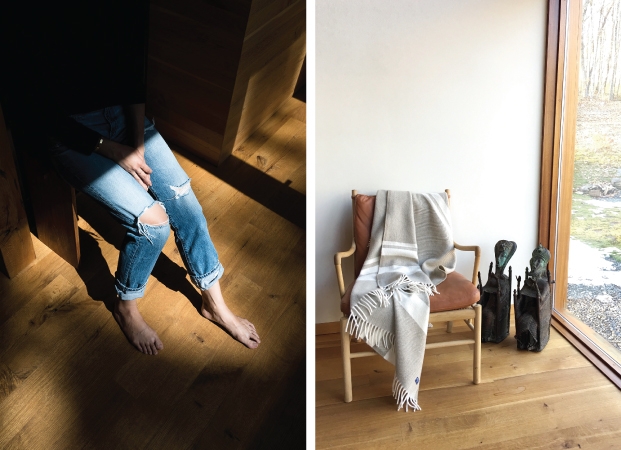
It is important to remember that hardwood flooring is a natural product, it can dent, move and stain, but this character can add beauty over the years. In order to build this character over time, as with any quality home maintenance, there is some responsibility on the homeowner to keep these hardwood floors in good condition. Below Jessica outlines some recommended practices:
- Do not use sheet vinyl or tile floor care products on wood floors.
- Self-polishing acrylic waxes cause wood to become slippery and appear dull quickly.
- Use throw rugs both inside and outside doorways to help prevent grit, dirt and other debris from
being tracked onto your wood floors. This will prevent scratching.|- Do not wet-mop a wood floor.
Standing water can dull the finish, damage the wood and leave a discoloring residue.
- Wipe up spills immediately with a slightly dampened towel.
- Put soft plastic or fabric-faced glides under the legs of furniture to prevent scuffing and scratching.
- Avoid walking on your wood floors with cleats, sports shoes and high heels. A 125-pound woman
walking in high heels has an impact of 2,000 pounds per square inch. An exposed heel nail can
exert up to 8,000 pounds per square inch. This kind of impact can dent any floor surface.
- When moving heavy furniture, do not slide it on wood flooring. It is best to pick up the furniture
completely to prevent scratches.
- For wood flooring in the kitchen, place an area rug in front of the kitchen sink.
- Use a humidifier throughout the winter months to minimize gaps or cracks. In order to keep the
wood flooring from moving you’ll want to establish a relative humidity a 35% - 50% and a
temperature of 60-80 degrees. This is the optimal performance range for wood flooring.
Natural Oiled Floors
- Natural oils are oxidizing oils that typically consist of tung, linseed, vegetable, or other oxidizing oils
that penetrate to varying degrees into the wood surface, filling and surrounding the wood fibers.
Maintenance for these finishes is usually product specific:
- On oil-finished floors, use only what the manufacturer recommends to clean the floors. The oil finish
may periodically need to be reapplied by a professional. There are many different types of oil finishes,
and each has a specific maintenance program.
- Use of a dry microfiber mop will safely and effectively remove loose debris from the surface.
- Many natural oil manufacturers recommend a specific maintenance routine of using oils and soaps on a
regular basis. Failure to follow specific maintenanceprocedures will result in a finish that will not perform
as it’s intended to.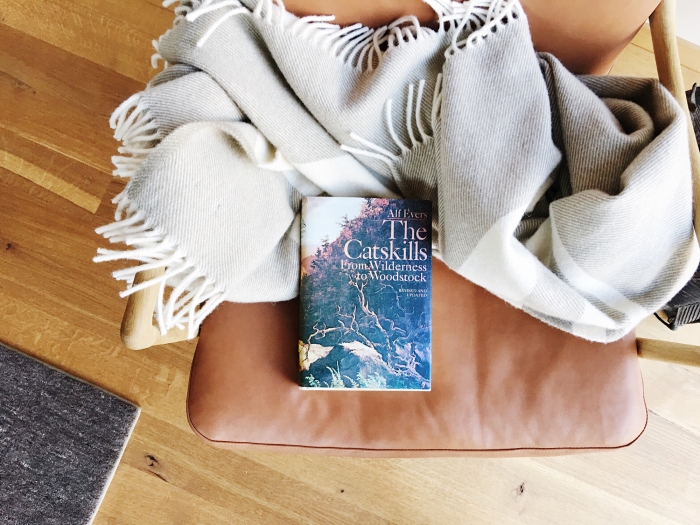
Our friends at WOCA also provided us with tips on oiled wood floors for cleaning and maintenance purposes. WOCA Penetrating Oil is a plant based, eco-friendly wood finish made in Denmark. Penetrating oil does just what the name suggests – penetrates and fortifies the wood from the inside, at the same time allowing the wood to ‘breathe’. WOCA Oil has been around for several decades, and has a long tradition of use in Scandinavian countries. Oiled floors need proper care to perform well and look good.Soaping floors is a European tradition that we’ve incorporated into caring for WOCA oiled floors.
We recommend WOCA Natural Soap to clean the floor and condition the finish. The goal is to maintain and nourish the finish, not strip it, which can happen if a big box store “floor cleaner” is used. Common floor cleaner ingredients are simply too harsh and may dry out the floor. WOCA Natural Soap’s effective ingredients are soy and coconut fat. When applied, the residue from the soy and coconut fat is left behind creating a breathable barrier, resulting in better dirt and liquid resistance. Ideally, we recommend cleaning with WOCA Natural Soap twice a month to protect and prolong the life of an oiled floor. Life is messy, scratches and spills are going to happen.
If you have a stubborn stain that cannot be removed with Natural Soap, we have a solution for you. Tough stains can be removed with WOCA Spot Remover. Click for instructions on how to remove a stain with WOCA Spot Remover.
One of the greatest benefits of a WOCA Oiled floor is when it comes time to “refinish”, sanding is not typically necessary, unlike a polyurethane finish which requires a complete sanding of the entire floor. A coat of WOCA oil is applied to “refinish” the wood surface, making it truly a dustless refinish. Partial recoats, and touch ups are easy to do where there are signs of wear or traffic patterns, like in the kitchen, an entryway or where the dog lounges. There is no need to move everything out of your home and turn your life upside down with a WOCA refinish. To learn more about how to properly care for your WOCA Oiled Floor, please refer to the WOCA Residential Cleaning and Maintenance Guide.

